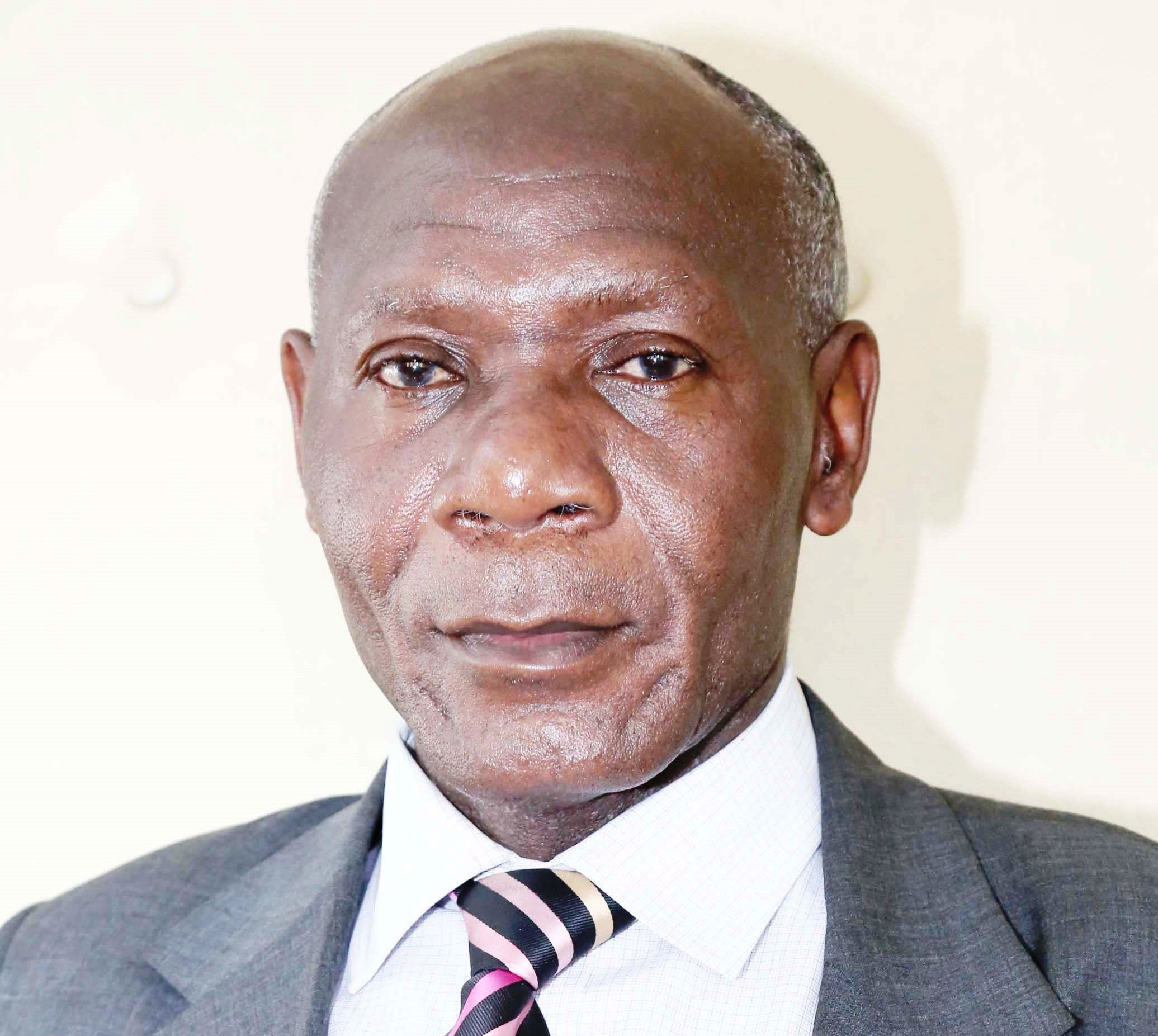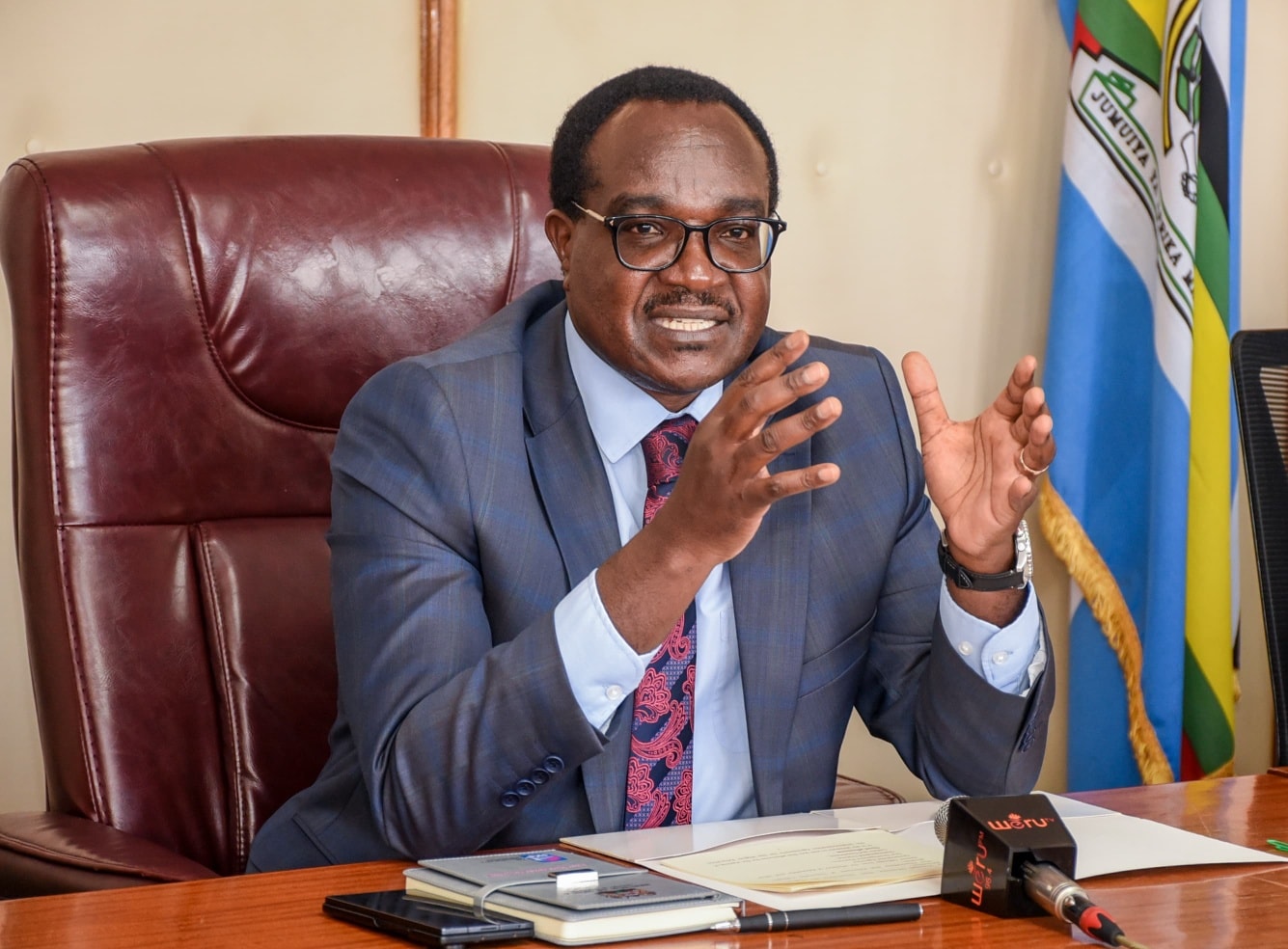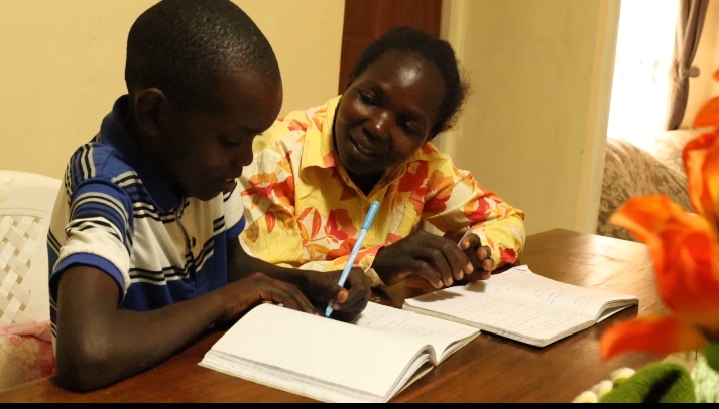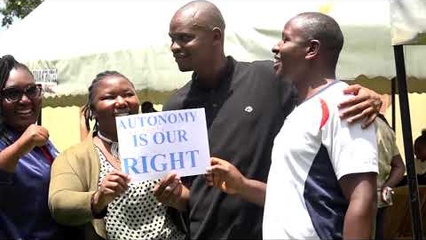By Kennedy Buhere
For ten days, the Presidential Working Party on Education Reforms (PWPER) which is chaired by Prof. Raphael Munavu met education stakeholders in all the 47 counties to collect views regarding the Competence Based Curriculum (CBC).
The stakeholders had an extraordinary opportunity to express their concerns concerning the ongoing education reforms by the government touching on basic education, Technical and Vocational Education and Training (TVET) and in higher education. The reforms have far-reaching implications on the future of Kenya as a nation.
The PWPER, constituted by President William Ruto, sought to secure citizens’ views on the education their children are getting.
It also sought workable frameworks — on all aspects that define the educational system — that can deliver the rigour and breadth of the education it will recommend, in a cost-effective manner.
It is expected to make appropriate recommendations to the government to improve the capacity of education and training institutions to nurture – to the best possible extent – the innate capacity for knowledge, skills and talent development and acquisition that all children have.
The venues of the public participation meetings attracted people of all ages, educational levels and social status.
The full appearance of the citizens at the meetings demonstrated many insights, from a public relations perspective, worth noting.
First, that education holds hopes for people of all ages and status in all communities across the country. From parents, children, religious, business to community leaders.
A stakeholder travelled all the way from Kakuma Refugee Camp to Lodwar town, over 100 kilometres away, to present their views to PWPER.
Secondly, the citizens have views regarding various aspects of education — views that can inform decision makers during formulation and implementation of education policies, curriculum, standards and examinations.
Most of them made shrewd contrasts and comparisons between the new Competence Based Curriculum (CBC) system of education and the early phase of the 8.4.4 system of education.
The third insight I gleaned from the hearings was that the citizens would like to walk with the government in all that affects them. They want the government to listen to them as it serves them. Walking together at every policy making process is important for many reasons.
Success in any policy measure, programme, project, initiative and action depends on the knowledge, interest, acceptance and unqualified support of the stakeholders. Implied in this is that an organization must create two-way lines of communication between itself and the relevant stakeholders; or in Public Relations jargon, the publics.
The absence of bridges in communication creates walls between an organisation, a programme, project or initiative and stakeholders or intended beneficiaries.
However, recognition of the stakeholders invariably means an organization engages the public at all times and eliminates whatever ignorance, apathy, prejudice and hostility that an action might meet by inducing knowledge, interest, acceptance and unqualified support for its action.
Amity between an organization and its stakeholders eases the road for policy formulation and its implementation.
The fourth insight I got from the engagements I observed, and have read about in the mass media, is that even children and ordinary people have views that have the potential to throw light on critical aspects of a policy that may inadvertently escape the knowledge and appreciation of an organization and adults.
A Grade Six learner from Kidiwa Primary School in Eldoret town praised CBC, saying it provides practical oriented learning experiences. The boy, however, said CBC should also encourage reading, writing and numeracy.
In education, basic skills are critical for later learning in higher grades: upper primary, secondary, and tertiary and university education. Although the boy’s submission was less than two minutes, it generated a lot of conversation among the present stakeholders.
Personally, the boy pleasantly surprised me — knowing from my education and experience, how critical reading fluency, ability to read and write and also the numeracy is to advanced education, careers and in government, industry and in the church.
Another unlikely source of insightful submission came from an Imam in Eldoret town. The Imam urged the government to take into account the Madrassa system of education in its education reform initiative. He said the envisioned curriculum and placement of Junior Secondary School grades should not interfere with the Madrasa system of education for Muslim children.
Indeed, the decision to walk with the citizens on education reforms is set to provide valuable information that will help the government to provide quality and affordable education in an efficient and effective manner.
Kennedy Buhere is a Communications Officer, Ministry of Education; kbuhere@education.go.ke.






